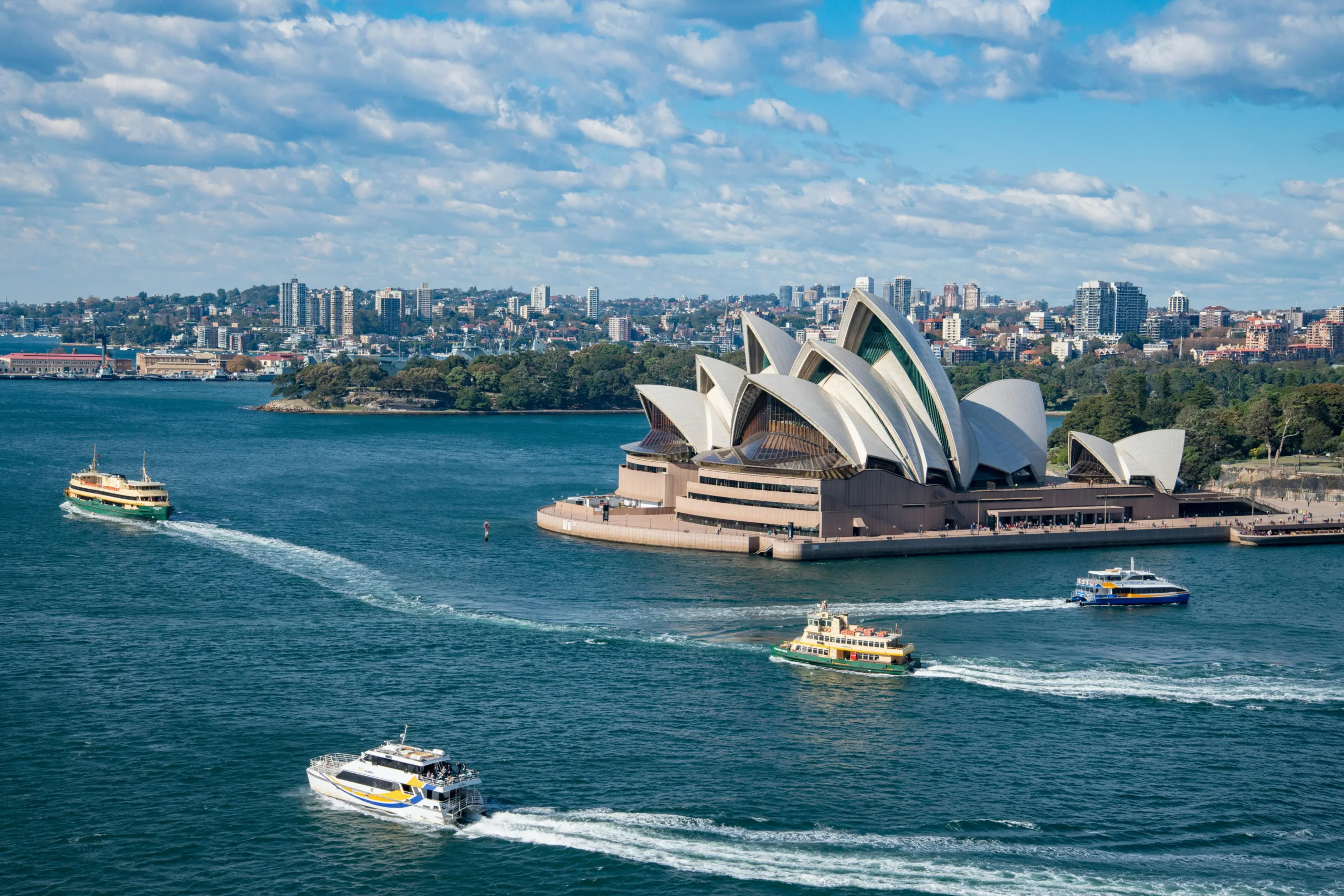
Traveling to Australia? Here’s What You Need to Know About Visas
If you’re traveling to Australia, understanding the visa requirements is essential for a smooth trip. Whether you’re planning to visit the Great Barrier Reef, explore Sydney’s iconic Opera House, or enjoy a road trip across the Outback, having the right visa will ensure an enjoyable experience. Here’s what you need to know about visas when traveling to Australia.
Do You Need a Visa When Traveling to Australia?
If you’re traveling to Australia, you’ll most likely need a visa. Citizens of most countries, including the US, UK, Canada, and EU nations, require a visa to enter Australia, even for short tourist visits. However, there are different types of visas depending on your nationality and the length of your stay.
Types of Visas for Traveling to Australia
When traveling to Australia, here are the common types of visas:
- Electronic Travel Authority (ETA): This is for short-term stays (up to 3 months) for tourism or business purposes. It’s available for citizens of eligible countries, including the US, Canada, and Singapore.
- eVisitor Visa: This visa is similar to the ETA and is available for citizens of the European Union. It allows short stays of up to 3 months for tourism or business.
- Visitor Visa (subclass 600): This is for travelers who are not eligible for the ETA or eVisitor visa. It allows visits of up to 12 months, and you can apply online or at an Australian embassy or consulate.
- Working Holiday Visa: Available for young travelers (18-30 years old), this visa allows you to work and travel in Australia for up to one year. It’s perfect for those planning an extended stay with the option to work.
- Business Visa: If you’re traveling to Australia for business, a business visitor visa allows short stays for business meetings, conferences, or negotiations.
How to Apply for a Visa When Traveling to Australia
If you need to apply for a visa to traveling to Australia, here are the general steps:
- Choose the Right Visa: Determine the visa type that best suits your travel plans.
- Prepare Your Documents: Typical requirements include:
- A valid passport.
- Completed visa application form.
- Passport-sized photos.
- Travel itinerary (flight and accommodation details).
- Proof of sufficient funds.
- Submit Your Application: For most visas, you can apply online through the Australian government’s visa portal. Processing times vary, so be sure to apply in advance.
Visa Fees
Visa fees when traveling to Australia vary depending on the type of visa. The ETA and eVisitor visas are often free or have minimal processing fees, while the Visitor Visa (subclass 600) can range from AUD 145 to AUD 365, depending on the length of stay. Always check the official visa portal for the latest fees.
Visa-Free Travel for Some Nationalities
There is no visa-free travel for traveling to Australia, as all foreign visitors must have a visa. However, Australian citizens and residents from New Zealand do not need a visa for short visits.
Extending Your Stay
If you want to extend your stay while traveling to Australia, you may be able to apply for a visa extension depending on your visa type. Visitor visas can often be extended, but you should apply for an extension before your current visa expires to avoid penalties.
Important Tips for Travelers When Traveling to Australia
- Passport Validity: Ensure your passport is valid for at least six months from your intended arrival date.
- Health Insurance: Australia has excellent healthcare, but travel health insurance is recommended to cover medical costs that may arise during your stay.
- Biosecurity Regulations: Australia has strict customs and biosecurity laws. Declare any food, plants, or animal products upon arrival to avoid penalties.
Conclusion
Traveling to Australia is an exciting adventure, whether you’re there to explore its natural beauty or dive into its vibrant cities. Make sure to choose the correct visa and prepare the required documents for a smooth journey. By understanding the visa requirements, you can focus on enjoying your time Down Under.
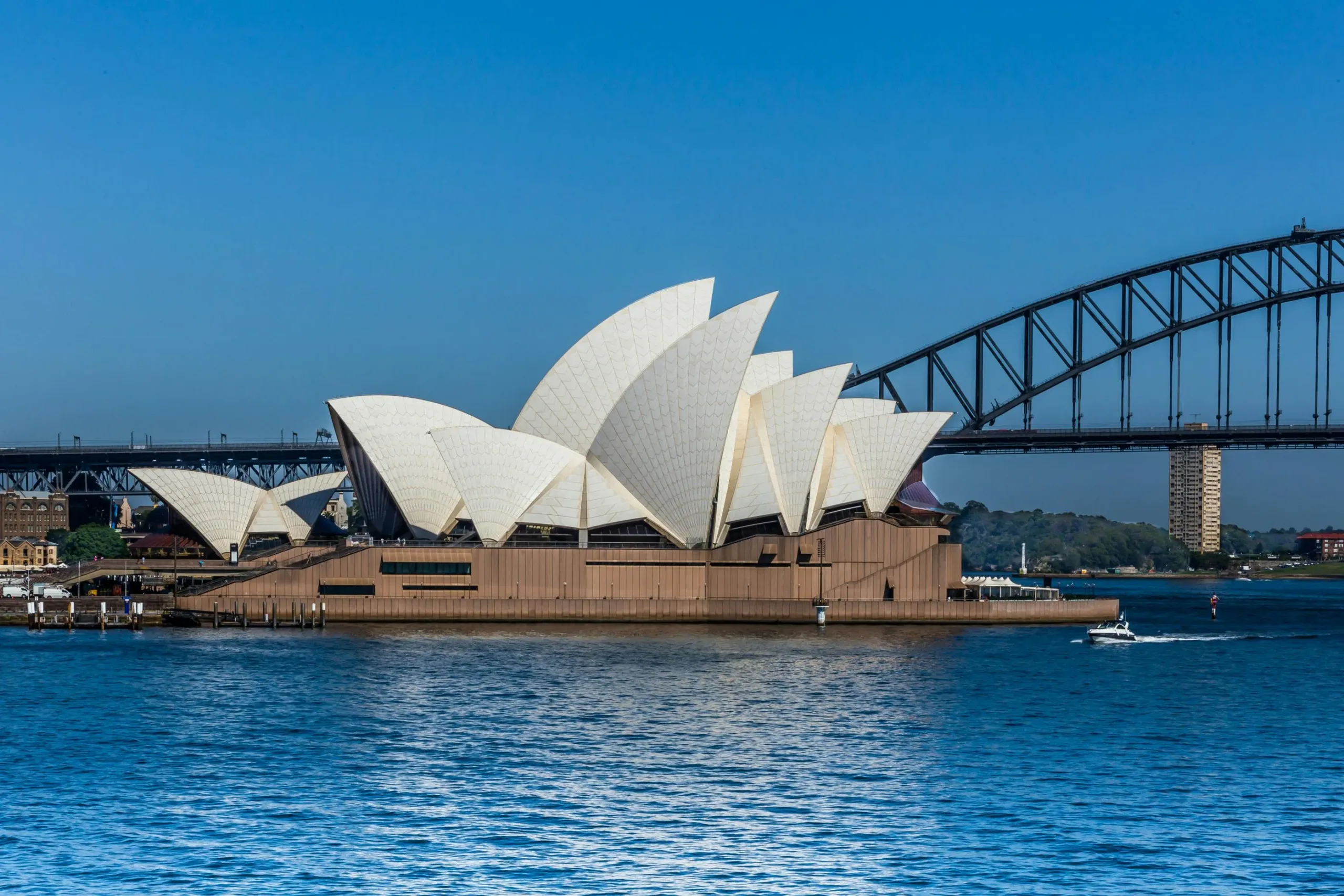
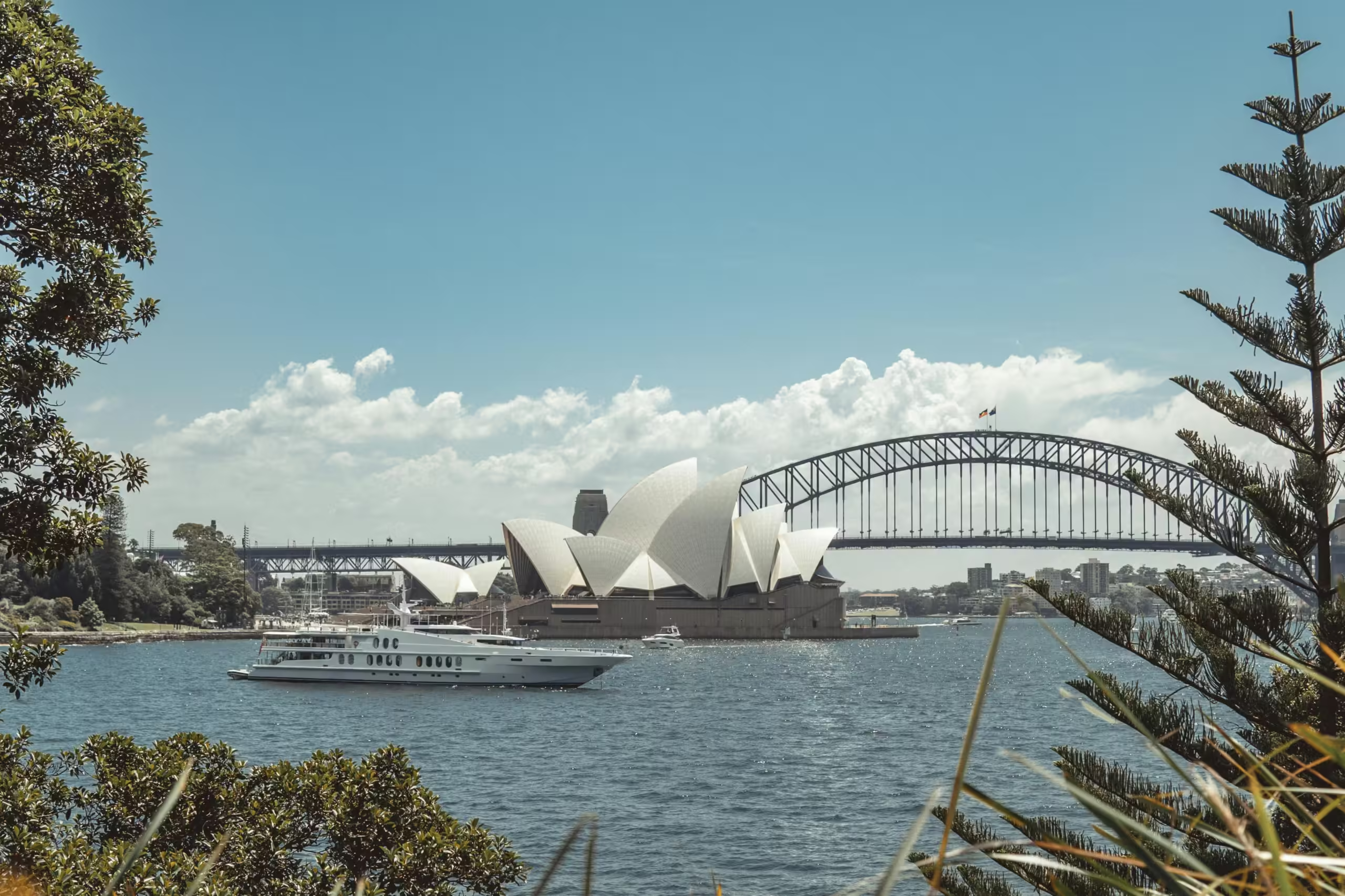
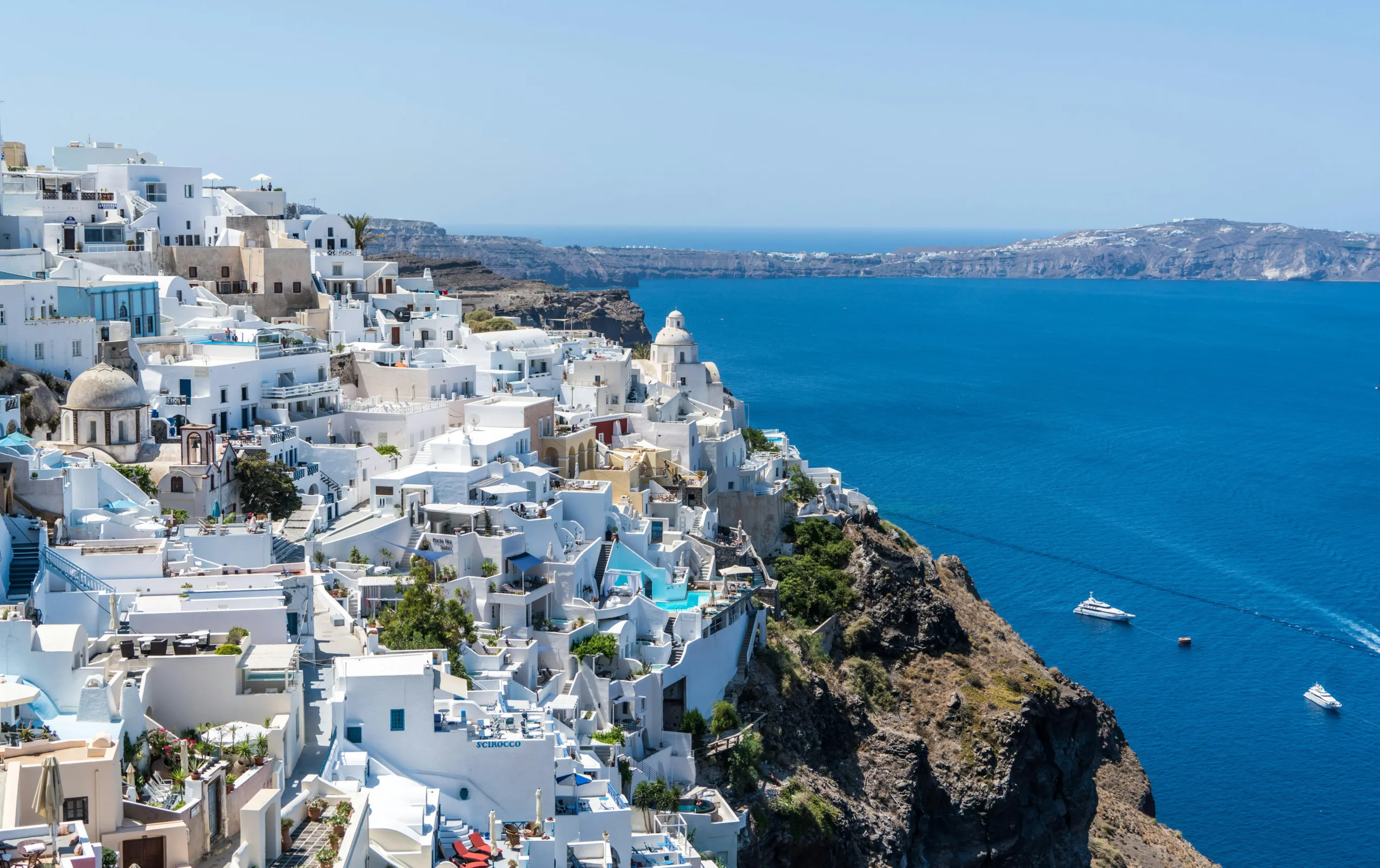

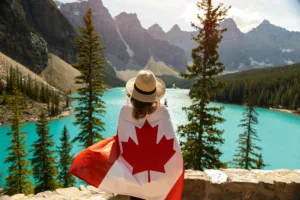



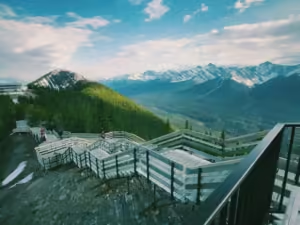
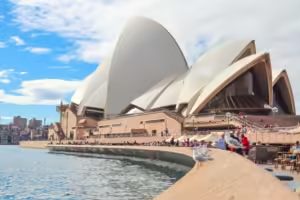

No Comment